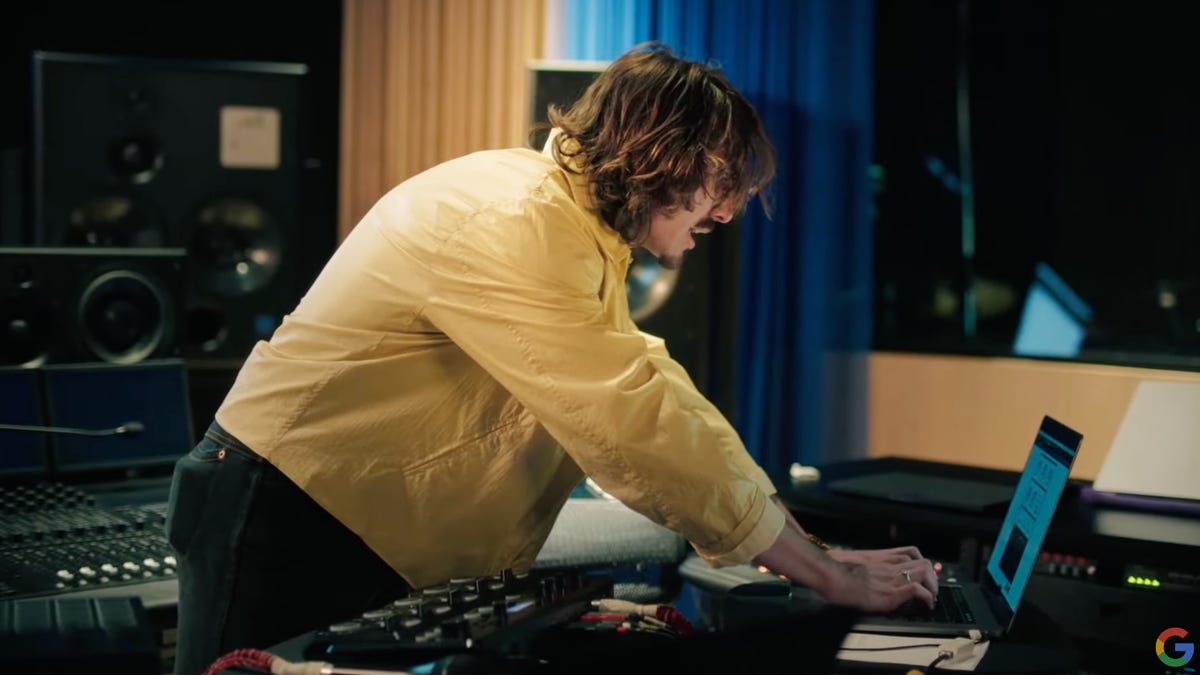Key Points
- Most listeners cannot tell AI‑generated songs from human‑made tracks.
- A large majority want AI music clearly labelled.
- Many fear AI will lower music quality and threaten artists’ livelihoods.
- Spotify is partnering with major labels to develop AI music products.
- Deezer has launched a tool to detect AI‑generated tracks.
- Curiosity about AI music exists, but discomfort remains high.

Survey Highlights Listener Confusion
A Deezer‑commissioned study involving thousands of adults found that an overwhelming majority of participants were unable to tell whether a song was fully AI‑generated. Nearly all respondents reported difficulty distinguishing AI tracks, and a sizable portion expressed surprise and discomfort at their inability to differentiate.
Mixed Feelings About AI‑Created Songs
While many listeners showed curiosity about AI music, the survey uncovered significant concerns. Over three‑quarters of participants believed AI‑generated songs should be clearly labelled, and a large share indicated they would prefer to filter such tracks out of their streaming experience. Respondents also voiced worries that AI could lead to lower‑quality, generic‑sounding music and jeopardize the livelihoods of real artists.
Industry Response and Ongoing Developments
Streaming giants are already moving forward with AI initiatives. Spotify, for example, has signed agreements with major record labels to explore AI music products. Meanwhile, Deezer has introduced a detection tool aimed at identifying AI‑generated tracks, underscoring the growing need for transparency in the music ecosystem.
Public Sentiment and Future Outlook
The findings illustrate a landscape of ambivalence: listeners are intrigued by the possibilities of AI in music yet remain wary of its impact on artistic quality and employment. The call for clear labelling reflects a desire for informed consumption as the industry navigates this emerging technology.
Source: cnet.com
